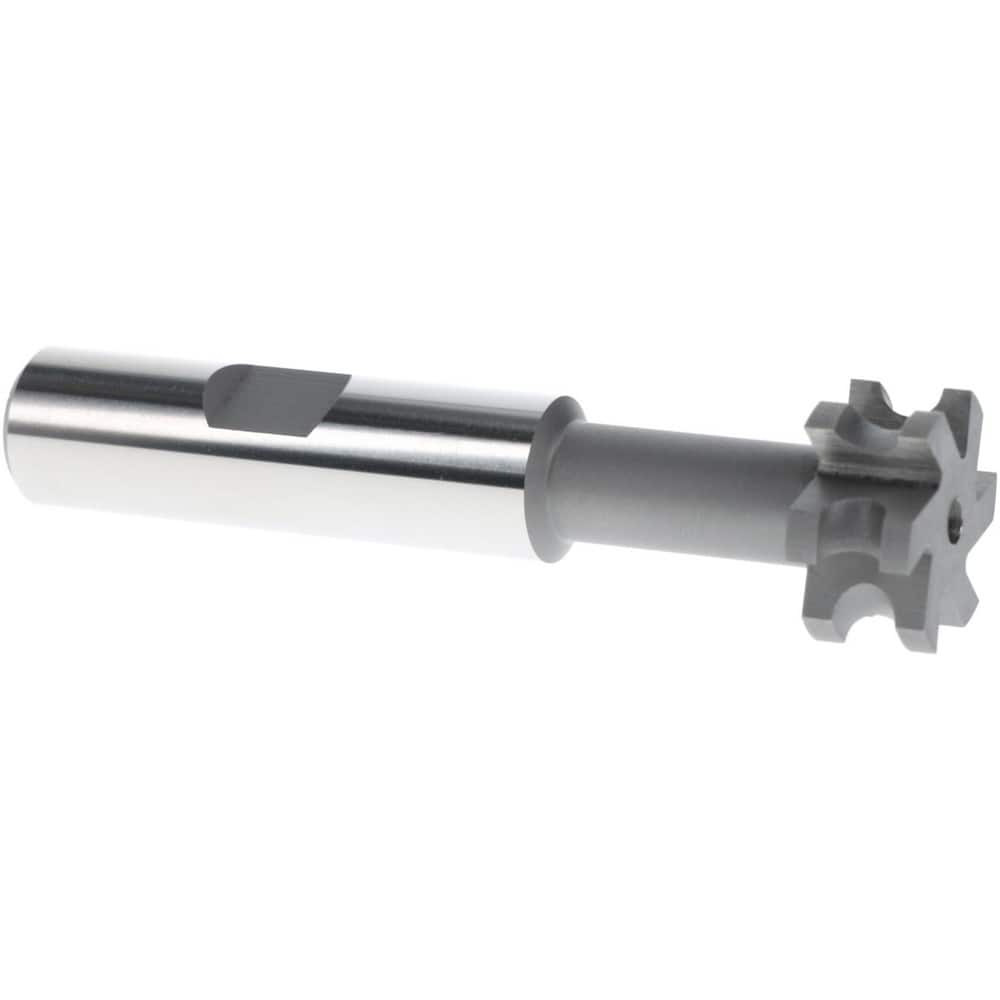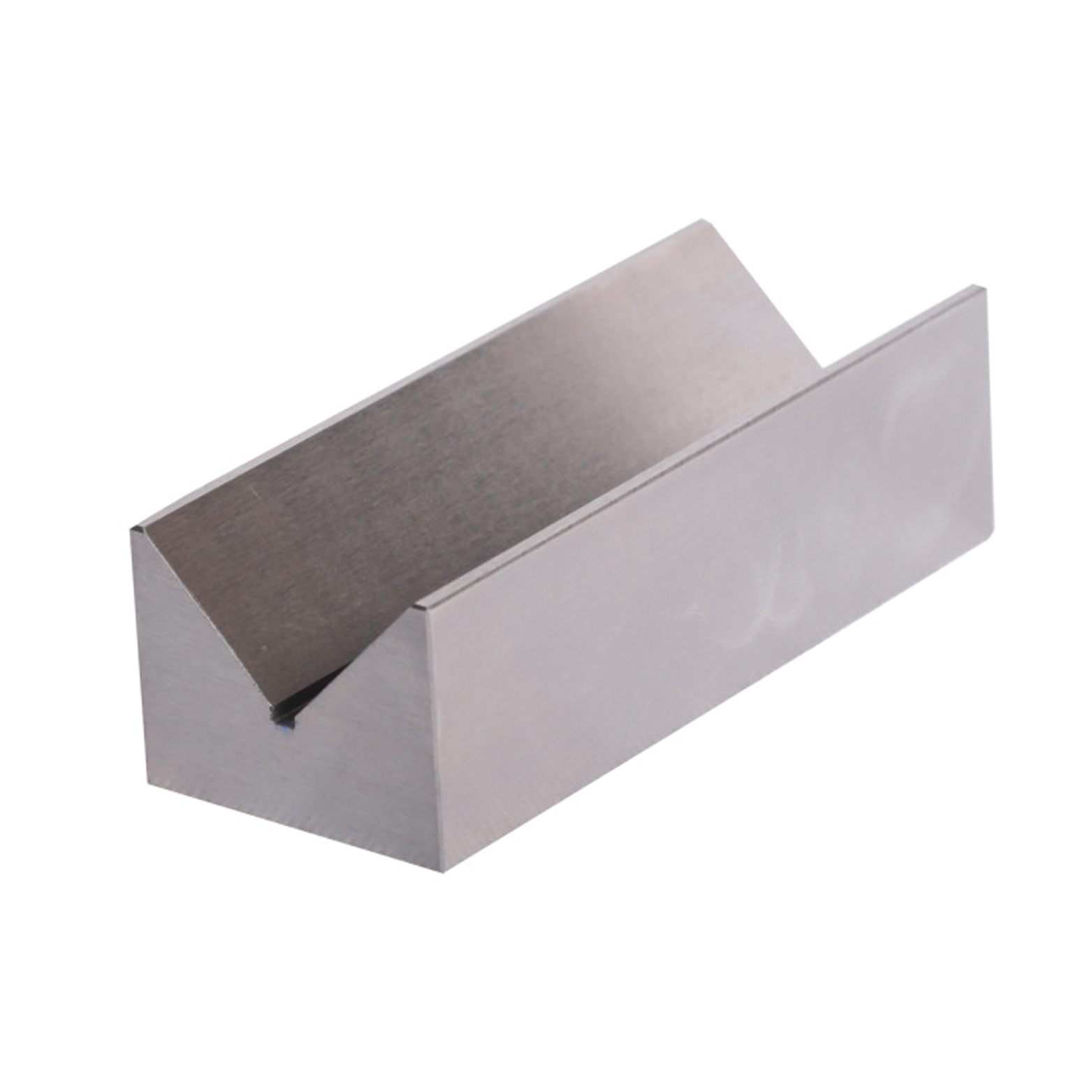carbide tipped tool bit Manufacturers
When selecting carbide tipped tool bit manufacturers, factors such as material quality, precision engineering, and customization options are crucial. This guide explores key considerations, different types of bits, and leading manufacturers in the industry to help you make an informed decision.
Understanding Carbide Tipped Tool Bits
Carbide tipped tool bits are cutting tools that have inserts or tips made of carbide, a composite material of a metal matrix and carbide particles, typically tungsten carbide (WC). Carbide is much harder than steel, allowing these bits to maintain a sharp cutting edge at high temperatures and resist wear. This makes them ideal for machining hard materials like steel, cast iron, non-ferrous metals, and even some non-metals.
Advantages of Carbide Tipped Tool Bits
- Extended Tool Life: Carbide retains its hardness at high temperatures, reducing wear and extending tool life compared to high-speed steel (HSS) bits.
- Increased Cutting Speed: Carbide's heat resistance allows for higher cutting speeds, improving productivity.
- Versatility: Carbide tipped tool bits are suitable for a wide range of materials, from soft aluminum to hardened steel.
- Improved Surface Finish: The sharp cutting edge of carbide bits produces a smoother surface finish.
Types of Carbide Tipped Tool Bits
Carbide tipped tool bits come in various shapes and sizes to suit different machining operations. Here are some common types:
- Turning Tools: Used for turning operations on lathes, these bits come in various shapes for roughing, finishing, and threading.
- Milling Cutters: Employed in milling machines for creating flat surfaces, slots, and complex shapes. Examples include end mills, face mills, and shell mills.
- Drill Bits: Used for drilling holes in various materials. Carbide tipped tool bits drill bits offer superior performance and longevity compared to HSS bits.
- Boring Bars: Used for enlarging existing holes with precision.
- Threading Tools: Used for creating threads on workpieces.
- Parting Tools: Used to cut off the finished workpiece from the raw material.
Key Considerations When Choosing Carbide Tipped Tool Bit Manufacturers
Selecting the right carbide tipped tool bit manufacturers is crucial for ensuring quality, performance, and reliability. Consider the following factors:
Material Quality
The quality of the carbide is paramount. Look for manufacturers that use high-grade tungsten carbide and cobalt binder. The grain size, hardness, and toughness of the carbide directly impact the tool's performance and lifespan. Reputable carbide tipped tool bit manufacturers will provide material specifications and certifications.
Precision Engineering
Precise grinding and brazing/clamping of the carbide tip are essential for optimal cutting performance. Poorly ground bits can lead to chatter, vibration, and premature tool failure. Manufacturers should employ advanced CNC grinding technology and strict quality control measures.
Customization Options
Depending on your application, you may require custom-designed carbide tipped tool bits. Choose a manufacturer that offers customization services, including different grades of carbide, geometries, and coatings. Wayleading Tools at www.wayleading.com specializes in providing custom solutions.
Coating Options
Coatings can further enhance the performance of carbide tipped tool bits. Common coatings include titanium nitride (TiN), titanium carbonitride (TiCN), and aluminum titanium nitride (AlTiN). These coatings improve wear resistance, reduce friction, and increase heat resistance.
Reputation and Experience
Choose manufacturers with a proven track record and a solid reputation in the industry. Look for companies with years of experience in manufacturing carbide tipped tool bits and positive customer reviews. Also consider seeking recommendations from peers or industry experts.
Technical Support
Reliable technical support is crucial, especially if you require assistance with selecting the right bit for your application or troubleshooting any issues. Manufacturers should offer prompt and knowledgeable technical support.
Price and Lead Time
Consider the price and lead time when choosing a manufacturer. While price is important, don't sacrifice quality for cost. Balance your budget with the need for high-performance tools. Get multiple quotes and compare lead times to ensure they align with your production schedule. Keep in mind, longer lead times may be acceptable for very custom, high-performance applications.
Leading Carbide Tipped Tool Bit Manufacturers
While a definitive list changes, here are some considerations when identifying leading manufacturers (remember to always do your own due diligence and check current market conditions):
- Global Reach Manufacturers: These tend to be larger corporations with a wide product catalog and international presence. They often invest heavily in R&D and offer a broad range of carbide grades and coatings.
- Specialty Manufacturers: These companies focus on specific types of tools or industries. They often have a deeper expertise in their niche and may be able to offer more customized solutions.
- Regional Manufacturers: These manufacturers may be smaller and focused on serving a specific geographic region. They can often offer faster lead times and more personalized service.
When researching manufacturers, carefully examine their websites, product catalogs, and customer reviews. Look for certifications such as ISO 9001, which indicates a commitment to quality management.
Factors Affecting the Lifespan of Carbide Tipped Tool Bits
Several factors influence the lifespan of carbide tipped tool bits. Understanding these factors can help you optimize tool performance and minimize downtime:
- Material Being Machined: Harder materials will wear down carbide bits faster than softer materials.
- Cutting Speed and Feed Rate: Excessive cutting speeds and feed rates can generate excessive heat and cause premature wear.
- Coolant: Proper coolant application is essential for dissipating heat and lubricating the cutting edge.
- Machine Condition: A stable and vibration-free machine tool is crucial for preventing chatter and tool damage.
- Tool Maintenance: Regularly inspect and sharpen carbide tipped tool bits to maintain optimal cutting performance.
Troubleshooting Common Issues
Even with high-quality carbide tipped tool bits, you may encounter issues during machining. Here are some common problems and potential solutions:
- Chatter: Reduce cutting speed, increase feed rate, improve machine stability, or use a different tool geometry.
- Excessive Wear: Reduce cutting speed, improve coolant application, or switch to a more wear-resistant carbide grade.
- Edge Breakage: Reduce feed rate, increase cutting speed, or use a tougher carbide grade.
- Poor Surface Finish: Increase cutting speed, reduce feed rate, or use a sharper tool.
Carbide Grades and Their Applications
The performance of a carbide tipped tool bit is heavily influenced by the grade of carbide used. Different grades are formulated for specific applications based on their hardness, toughness, and wear resistance. Here's a simplified table illustrating common carbide grades and their typical applications:
| Carbide Grade | Hardness (HRA) | Toughness (K1C) | Typical Applications |
|---|---|---|---|
| C1 | 92.0 | 8.0 | Roughing of cast iron, abrasive non-ferrous materials |
| C2 | 91.5 | 9.0 | General purpose machining of cast iron, non-ferrous materials |
| C5 | 90.5 | 10.0 | Machining of steel at high speeds and feeds |
| C6 | 91.0 | 9.5 | General purpose machining of steel |
Note: HRA = Hardness Rockwell A scale, K1C = Fracture Toughness MPa√m. These values are approximate and can vary depending on the specific manufacturer and grade formulation.
Conclusion
Choosing the right carbide tipped tool bit manufacturers is a critical decision that directly impacts your machining operations. By considering material quality, precision engineering, customization options, reputation, and technical support, you can select a manufacturer that meets your specific needs and ensures optimal performance. Remember to prioritize quality and reliability over price to maximize tool life and minimize downtime.
Related products
Related products
Best selling products
Best selling products-
 Precision Vernier Caliper Of Metric & Imperial For Industrial
Precision Vernier Caliper Of Metric & Imperial For Industrial -
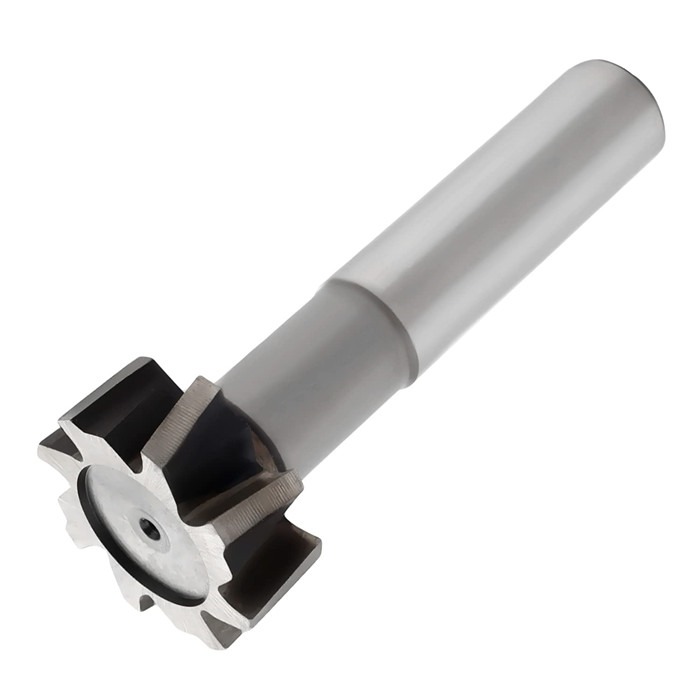 HSS Metric & Inch T Slot End Mill For Industrial
HSS Metric & Inch T Slot End Mill For Industrial -
 Deburring Tool Blades Using For Deburring
Deburring Tool Blades Using For Deburring -
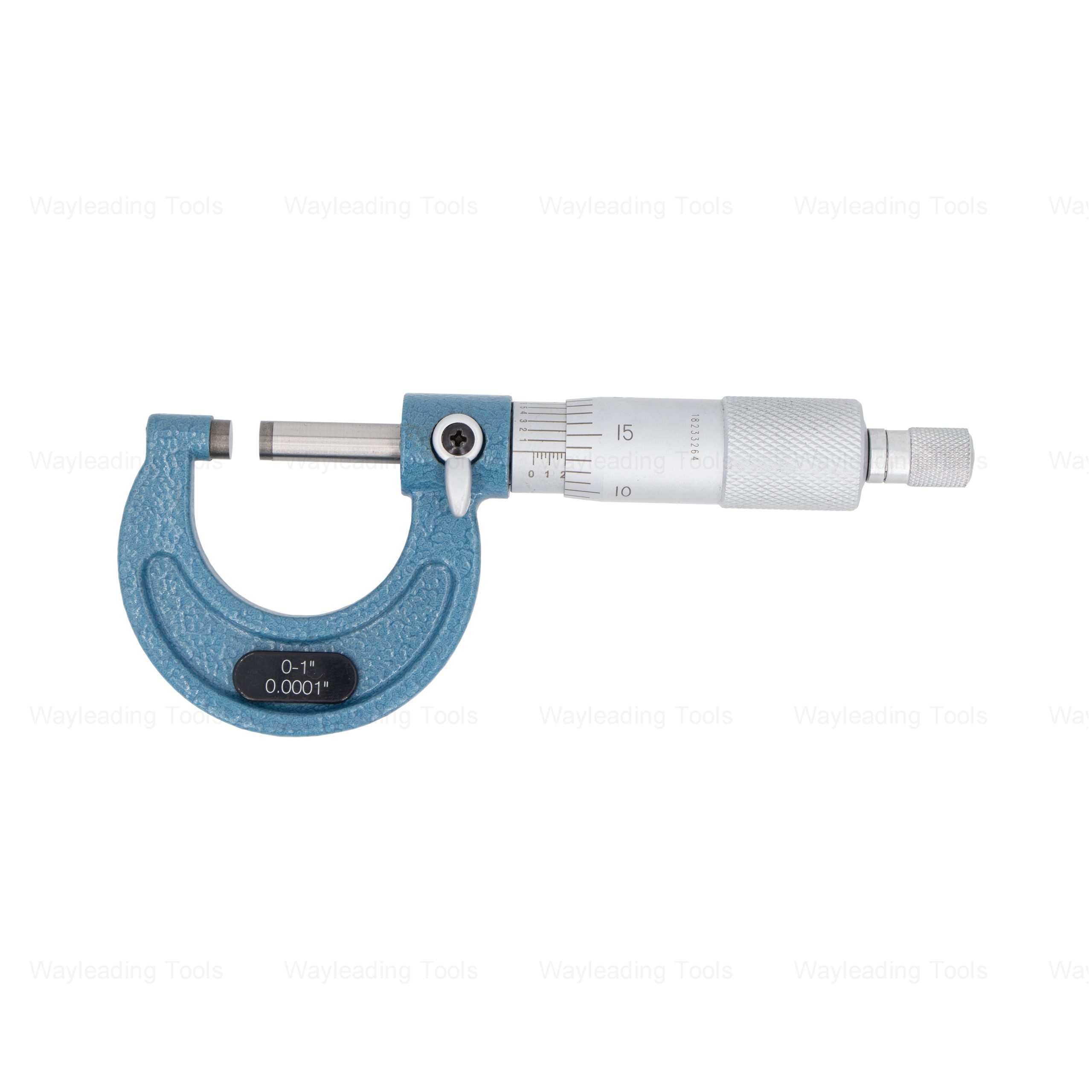 Premium Outside Micrometer – Metric & Inch, Ratchet Stop, Industrial Grade
Premium Outside Micrometer – Metric & Inch, Ratchet Stop, Industrial Grade -
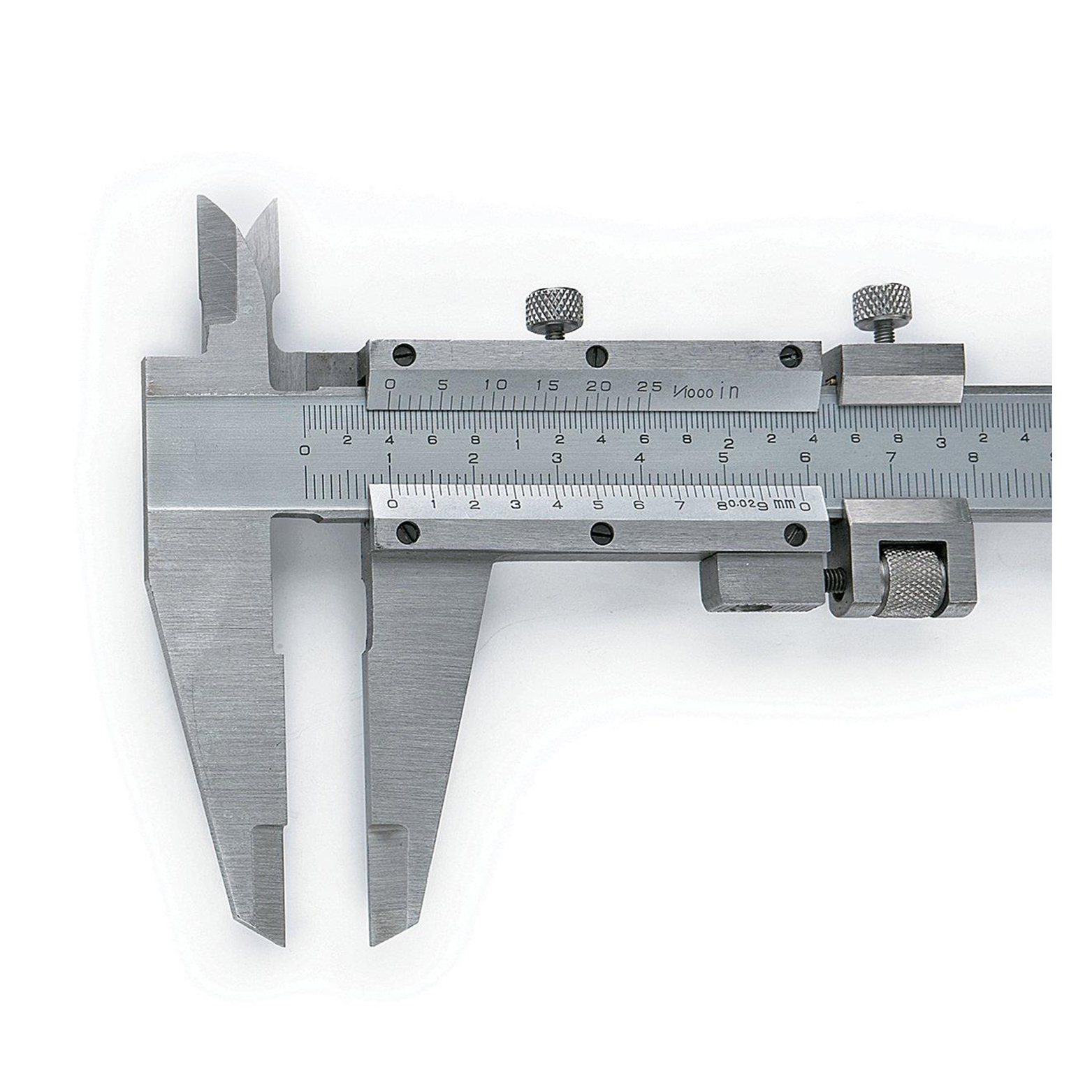 Precision Fine-Adjustment Vernier Caliper Of Metric & Imperial For Industrial
Precision Fine-Adjustment Vernier Caliper Of Metric & Imperial For Industrial -
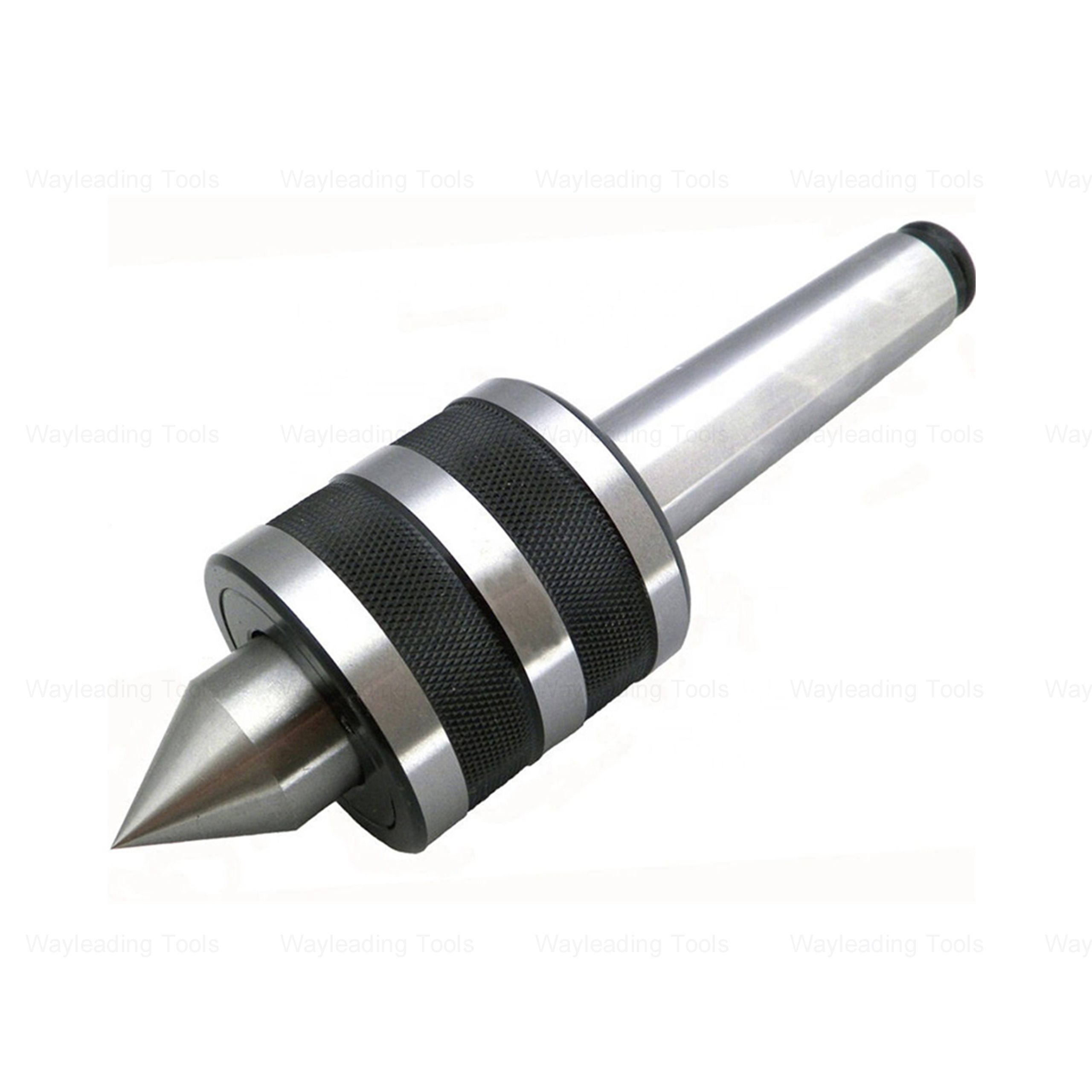 High Precision Medium-Duty Live Center – Hardened Tip, Morse Taper Shank
High Precision Medium-Duty Live Center – Hardened Tip, Morse Taper Shank -
 F1 Precision Boring Head With Metric & Inch
F1 Precision Boring Head With Metric & Inch -
 Precision V Block And Clamps Set With Heavy Duty
Precision V Block And Clamps Set With Heavy Duty -
 HSS ISO Metric Round Die Wieh Splite Or Adjustable Splite Type
HSS ISO Metric Round Die Wieh Splite Or Adjustable Splite Type -
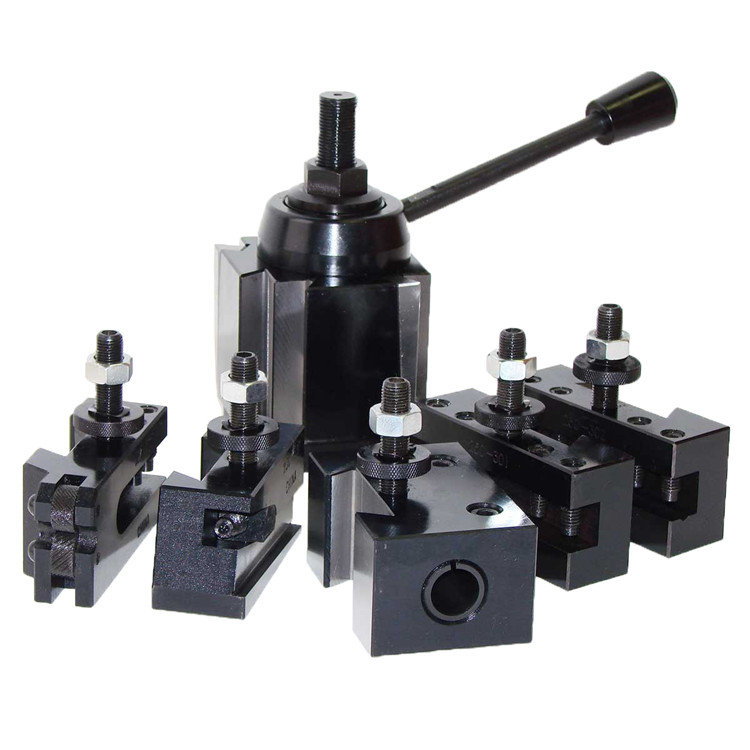 Wedge Type Quick Change Tool Post Set In lathe Machine
Wedge Type Quick Change Tool Post Set In lathe Machine -
 HSS Metric Plain Metal Slitting Saws For Industrial
HSS Metric Plain Metal Slitting Saws For Industrial -
 Type J-60 Degree Cone Tungsten Carbide Rotary Burr
Type J-60 Degree Cone Tungsten Carbide Rotary Burr


